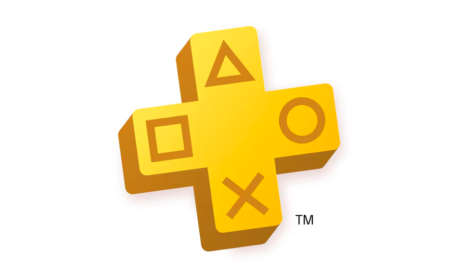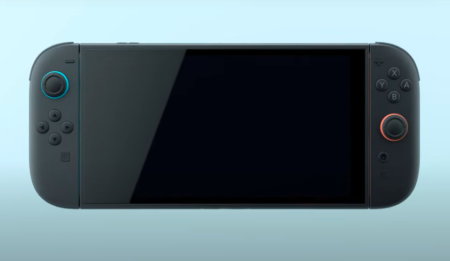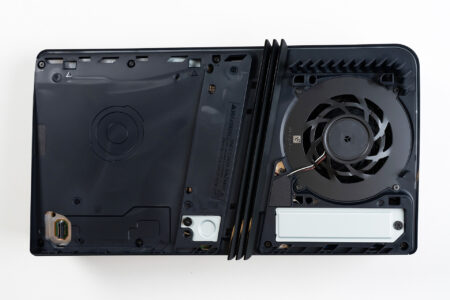Ryujinx, the last remaining Nintendo Switch emulator for PC, has ceased operations due to legal pressure from Nintendo. This change comes on the heels of Yuzu’s closure, marking the end of an era for Switch emulation fans.
The news broke when a key collaborator of the open-source project shared a Discord message with the community. According to the message, Ryujinx’s creator, gdkchan, received an offer from Nintendo to halt work on the project and remove all related assets under their control. The sudden disappearance of the organization’s online presence strongly suggests that the agreement was accepted.
Ryujinx’s Legacy and Community Impact
Ryujinx held a special place in the emulation scene as the first emulator capable of running commercial Switch games on PC. Its progress allowed countless fans to experience their favorite titles in unique ways, often with enhanced graphics and performance.
The project’s closure has left a bittersweet taste for many in the community. Collaborators and users alike have expressed gratitude for the learning opportunities and memorable experiences Ryujinx provided. The moderation team received particular praise for their dedication during challenging times.
Nintendo’s Aggressive Stance on Emulation and IP Protection
Nintendo’s move against Ryujinx is part of a broader crackdown on emulation and what it perceives as copyright infringement. This aggressive approach extends beyond emulators, as evidenced by their recent lawsuit against Pocketpair, the developers of Palworld, alleging patent infringement.
While smaller projects like Ryujinx may lack the resources to fight legal battles, larger entities like Pocketpair, buoyed by Palworld’s commercial success, may be better positioned to challenge Nintendo’s claims.
Now that this has happened, the gaming community is left wondering about the future of emulation and how to balance preservation, innovation, and intellectual property rights.
Source: wccftech





